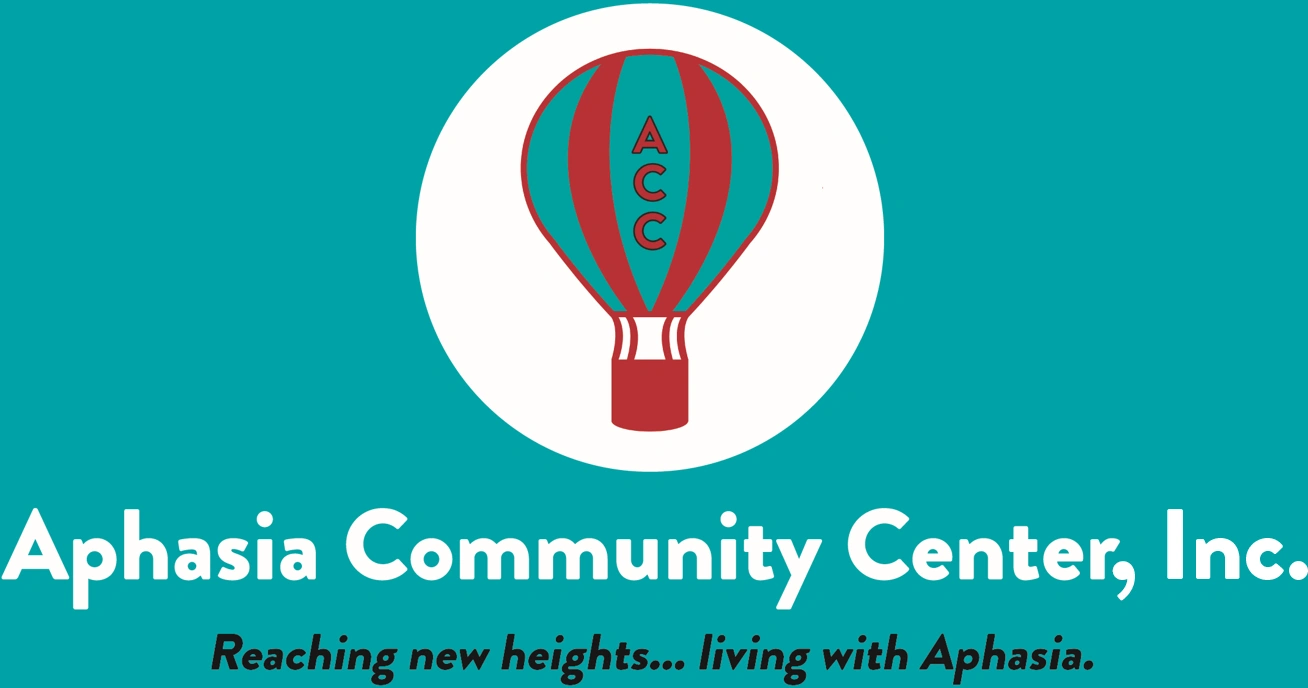The Aphasia Bill of Rights is a pivotal document that serves as a reminder that despite the communication barriers, individuals with aphasia deserve the same respect as anyone else. Aphasia is a condition that affects the ability to communicate. It can be a profound and isolating experience for those who endure it.
The National Aphasia Association (NAA) approved the Aphasia Bill of Rights in 2005. The NAA recognizes the prior work of Dennis Tanner, who in 1986 developed the “Aphasia Person’s Bill of Rights” within the context of the patient/speech-language-pathologist relationship.
The Aphasia Bill of Rights is more than just a document; it’s a declaration of the inherent dignity of every person affected by aphasia. It is a call to action for a more inclusive society where communication barriers are acknowledged and addressed.
The Aphasia Bill of Rights outlines the essential rights people with aphasia should expect and demand. These include the right to:
- Be Told That You Have Aphasia: Be informed, both orally and in writing, that they have aphasia and receive an explanation of its meaning.
- Get it in Writing: Receive written documentation of their aphasia diagnosis upon release from the hospital.
- Be Told About Resources: Be informed about local resources, including Aphasia Community Groups and national organizations like the National Aphasia Association.
- Receive Therapy: Access to outpatient therapy as considered appropriate by qualified speech-language pathologists (SLPs).
- Give Informed Consent for Research: Give informed consent when taking part in research projects.
- Have Health Professionals Who Know How to Talk to You: Demand that accrediting healthcare agencies and facilities show competency in caring for people with aphasia.
- Have Information in the Most Functional Language: Individuals with aphasia should have access to information in their most functional language through a qualified professional or interpreter.
The Aphasia Bill of Rights is a testament to the progress made in recognizing and addressing the needs of individuals with aphasia. It is a beacon of hope and understanding, illuminating the path toward a more empathetic and supportive world. It is a call to action for healthcare providers, policymakers, and society to ensure that these rights are upheld and that individuals with aphasia are empowered to lead fulfilling lives.
For those interested in learning more or seeking support, the NAA offers resources and online groups to help individuals with aphasia and their caregivers navigate their challenges. The National Aphasia Association provides materials in multiple languages, ensuring accessibility and inclusivity for all affected by aphasia. Click on the links below for a free downloadable version of the Aphasia Bill of Rights.
Aphasia –Friendly Bill of Rights
To all people with aphasia, it is important to know that your struggles are seen, and your challenges are recognized. Your rights are not only important but vital. You are not alone. You have a community that not only supports you but admires you.
___________________
Sources: National Aphasia Association aphasia.org, Amplify Speech Therapy amplifyspeechtherapy.com, National Archives archives.gov, My Road Back From Aphasia libaphasia.wordpress.com

